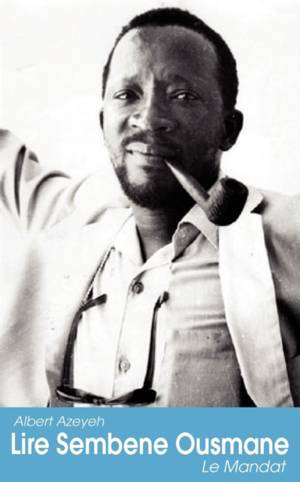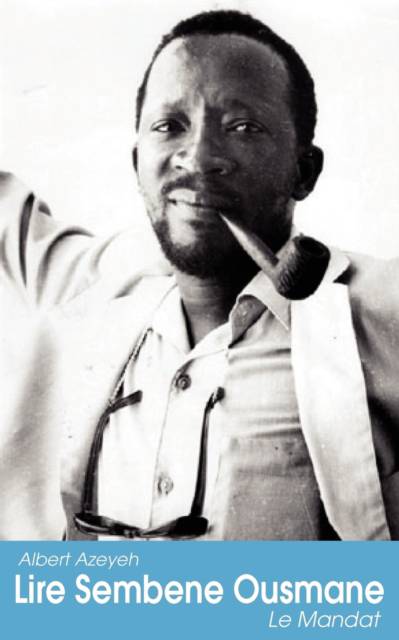
- Retrait gratuit dans votre magasin Club
- 7.000.000 titres dans notre catalogue
- Payer en toute sécurité
- Toujours un magasin près de chez vous
- Retrait gratuit dans votre magasin Club
- 7.000.000 titres dans notre catalogue
- Payer en toute sécurité
- Toujours un magasin près de chez vous
Description
Ousmane Sembène started writing by 1952. The Black Docker, his first novel inspired by the Marseille experience was published in 1956 by Debresse. In 1957, Amiot Dumont published O Pays, mon beau Peuple, a caustic critic of the colonial plight. This second inaugural piece, clearly autobiographical and sentimental is followed up by a vast knowledge of the strike of the Dakar-Niger railway workers: God's Bits of Wood published in 1960 by Livre Contemporain. In 1961, Présence Africaine pulished his collection of short stories, Voltaïque, in 1964 the first volume of l'Harmattan which is a replay of the 28th September 1958 referendum in black Africa and in 1966 Vehi-Ciosane followed by The Money Order. To this date with six published novels and a renown Cinematographer, Ousmane Sembène with the help of his sharp pen and his critical and observant look decides to examine the fate that the new bourgeoisie and the administrative bureaucracy mete on the downtrodden of this ignominious beauty, Dakar, the Capital of an African nation in the wake of independence. Thanks to a money order that Ibrahima Dieng wants to cash, the film maker/writer takes this character through the urban administrative labyrinth, through neighbourly disputes and through family life in the neighbourhood, highlighting and pointing in passing the crossings, abuses, vices and vicissitudes which make up this segment of life, in every aspect, exemplary. The story unfolds with the arrival of a postman carrying a letter and a problematic money order; it ends on the image of the postman handing a letter to Dieng, when a woman carrying a baby on her back comes in and interrupts them to expose the origins of her misfortunes, asking for help.
Spécifications
Parties prenantes
- Auteur(s) :
- Editeur:
Contenu
- Nombre de pages :
- 98
- Langue:
- Français
Caractéristiques
- EAN:
- 9789956717064
- Date de parution :
- 26-07-11
- Format:
- Livre broché
- Format numérique:
- Trade paperback (VS)
- Dimensions :
- 127 mm x 203 mm
- Poids :
- 95 g







